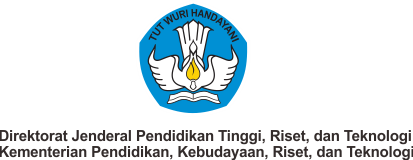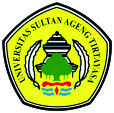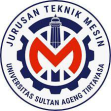Unjuk Kerja Tungku Gasifikasi Tg 30-1 Dengan Bahan Bakar Sekam Padi Dengan Variasi Kandungan Kadar Air Dan Kecepatan Udara Pembakaran
Abstract
The availability of fossil fuels is prolonged, declining. This causes the need to find alternative fuels is increasing. Based on this, the study discusses alternative fuels from rice husk biomass. The method to do is to process the biomass energy through the gasification process in the reactor, and vary the value of the combustion air velocity through the configuration and manometer output tubes, and the water content content of the rice husk, with the result in the form of synthetic gas. The purpose of this research is to know the effect of speed variation of fuel combustion air to syngas content, heating value (LHV) efficiency of synthetic gas and gasification. The results showed an increase for both CO and H2 compounds in water content of rice husk 8.33% and 10.28%. This result is also proportional to the increase in the heating value (LHV) of the synthesis gas produced by the calculation approach. And the overall efficiency of the gasification process is best obtained at the air velocity value of 14.9 m / s with a value of 45.95% in the moisture content of 8.33%.
Keywords
Air Speed Burning, Gasification, LHVsyngas Value, Syngas, Gasification Efficiency
Full Text:
PDFDOI: http://dx.doi.org/10.36055/fwl.v2i1.2618
Refbacks
- There are currently no refbacks.

FLYWHEEL: JURNAL TEKNIK MESIN UNTIRTA is licensed under a Creative Commons Attribution 4.0 International License.








